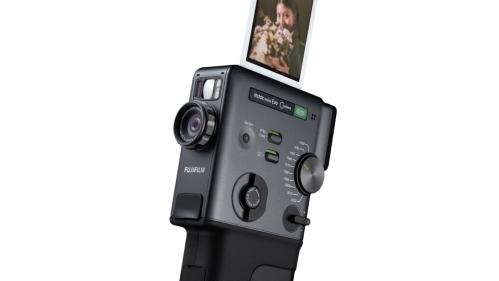Tetanus is an infection that is causes by exposure to spores. These spores can live in the ground or elsewhere for several years, and enter the body through cuts or abrasions that are infected with soil, animal faeces, saliva or other dirt. It can enter the body through even the smallest wound, and it does cause painful and dangerous symptoms.
Among the symptoms that a tetanus infected person will experience are lockjaw, abdominal pain, muscle spasms, breathing difficulties and heart rhythm irregularities. In most of the developed world, it is a rare disease, but it can be fatal, and vaccination against tetanus is important.
Sometimes the vaccination for tetanus is administered after a person has been wounded or bitten, but it is also a part of the 6 in 1 vaccination given to children. Since the disease is so dangerous, it’s important that you make sure your child is vaccinated, and prevent them from contracting it.
Among the symptoms that a tetanus infected person will experience are lockjaw, abdominal pain, muscle spasms, breathing difficulties and heart rhythm irregularities. In most of the developed world, it is a rare disease, but it can be fatal, and vaccination against tetanus is important.
Sometimes the vaccination for tetanus is administered after a person has been wounded or bitten, but it is also a part of the 6 in 1 vaccination given to children. Since the disease is so dangerous, it’s important that you make sure your child is vaccinated, and prevent them from contracting it.






